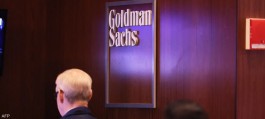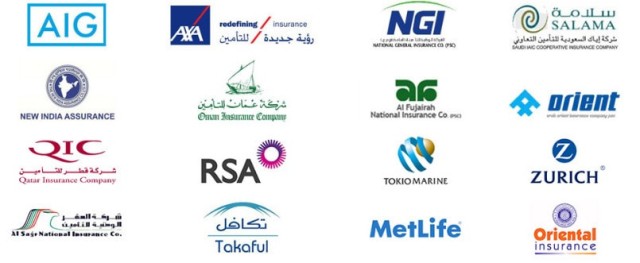A report by Moody's Investors Service clarified that insurance companies in most of the Arab Gulf countries will face medium to high credit risks during the next 12 to 18 months, so that the escalation of tensions remains Geopolitics and intense competition.
Tensions between America and Iran may negatively affect investor confidence in the region and increase external financing costs, as this may delay large-scale infrastructure projects and weaken regional growth, according to the report.
According to ArabiaNet, Mohamed Ali Lund, assistant vice president and analyst at Moody's, said that the slow growth in demand for property and accident insurance services could affect the construction, navigation and energy sectors significantly. He continued: The low concentration of the insurance sector in the Gulf Cooperation Council countries (insurance premiums as a percentage of GDP) remains a factor in the long-term growth.
The report added that the fragmentation of the market in the region led to intense competition between insurance companies and the pursuit of small companies to obtain a market share.
He explained that the intense market competition put the profitability and capitalization of the sector under pressure. Although many regional insurance companies have benefited from their ability to reinsure, and thus have been able to share losses with reinsurers, Moody's expects to drive integration into the sector in the long run, especially as small insurance companies operate under pressure resulting from another binding regulatory requirement.
Moody's clarified that fluctuating investment performance remains among the credit risks of many insurance companies in the Gulf Cooperation Council countries.
He pointed out that insurance companies in countries that have advanced systems in terms of regulatory requirements and that rely on investment directives and risk-based capital models, such as the United Arab Emirates and the Kingdom of Saudi Arabia, are the least affected.
The regulatory requirements are at various stages of development in each of the Gulf Cooperation Council countries, but most are based on actuarial reserves and risk-based capital requirements, according to the report.
He pointed out that such measures are a factor in supporting the credit quality of insurance companies, although they create some challenges when making adjustments for smaller companies.










































